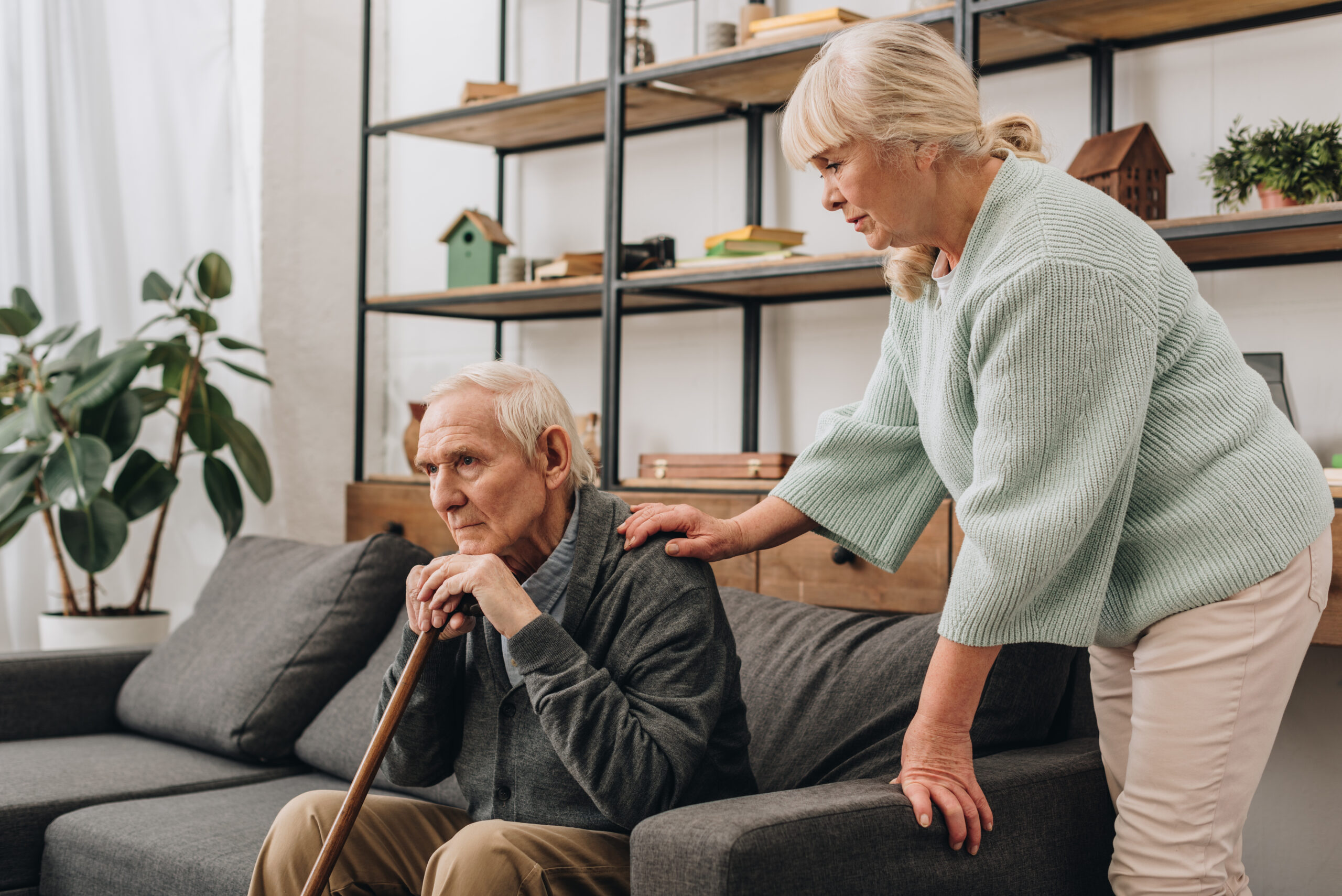Why do people with dementia react with distress to sudden movements
People with dementia often react with distress to sudden movements due to a combination of factors related to how their brains process information and their overall condition. Dementia is a condition that affects memory, thinking, and behavior, and it can cause significant changes in how individuals perceive and respond to their environment.
One key reason for this distress is the way dementia impacts the brain’s ability to process sensory information. People with dementia may have difficulty understanding what is happening around them, especially if it involves sudden or unexpected changes. Sudden movements can be startling and confusing, leading to feelings of anxiety or fear because the brain struggles to interpret these movements quickly.
Additionally, dementia can affect a person’s sense of spatial awareness and visual perception. This means they might have trouble judging distances or understanding where objects are in relation to them. Sudden movements can exacerbate these difficulties, making it harder for them to navigate their surroundings safely and confidently.
Another factor is the emotional and psychological impact of dementia. People with dementia often experience mood swings, anxiety, and agitation, which can be triggered or worsened by sudden movements. These movements can disrupt their sense of security and stability, leading to distress.
It’s also important to consider the concept of “sundowning,” a phenomenon where people with dementia become more agitated or confused towards the end of the day. Sudden movements during this time can be particularly distressing.
To help manage these reactions, caregivers can take steps to minimize sudden movements and create a more predictable environment. This might involve moving slowly and calmly around the person, giving them plenty of time to process what is happening, and ensuring that their surroundings are familiar and comforting. By understanding why people with dementia react to sudden movements and taking steps to mitigate these reactions, caregivers can help reduce distress and improve the overall well-being of those they care for.





